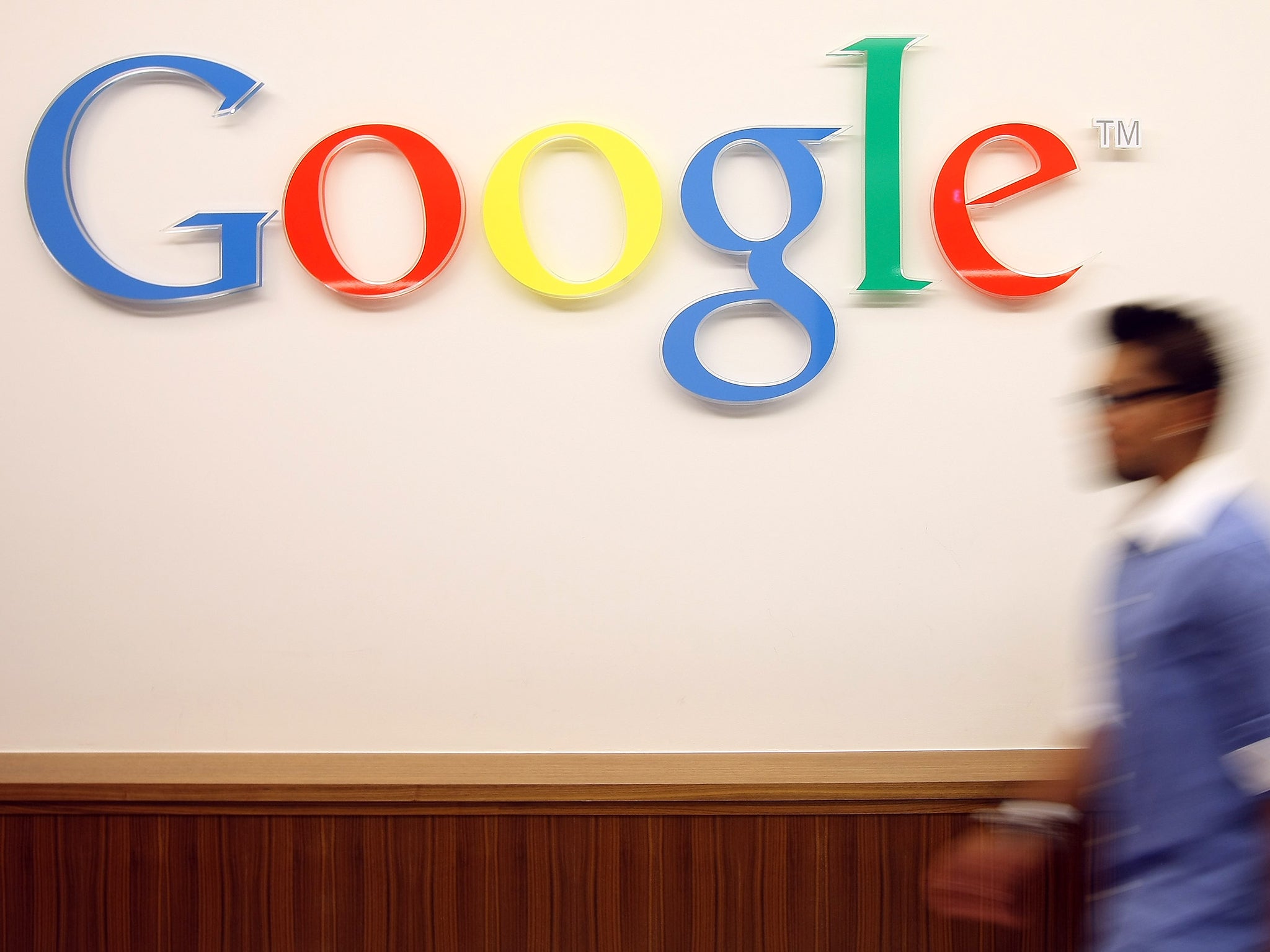MEPs want to question George Osborne over 'very bad' Google deal
Eva Joly, vice chair of the Special European Parliamentary Committee on Tax Rulings, said the deal paved the way for the UK to become a tax haven

European MEPs have called for the Chancellor George Osborne to appear in front of the committee on tax rulings to explain the Google tax deal.
Eva Joly, vice chair of the Special European Parliamentary Committee on Tax Rulings, said that the deal was "not fair competition" and looked like the UK wanted to become a tax haven.
"The deal shows that the UK is preparing itself to become a tax haven to attract multinationals," she told BBC Radio 4's Today Programme.
Google reached a deal with the HM Revenue and Customs to pay back £130 million in so-called "back-taxes" that have been due since 2005. Osborne championed the deal as a "major success".
But it has since been slammed by Labour as "derisory". John McDonnell, shadow Chancellor, called for an investigation by the National Audit Office.
"We can’t have mates rates when it comes to taxes, but that’s what Osborne’s cosy deals are offering to giant firms. And rumour has it that similar deals could be offered to Facebook and Amazon," McDonnell said.
Joly said Osborne and Google must disclose details of the deal to the tax administration and the public. "Today you have to do a lot of calculations to know whether the deal that was struck with Google was a good or a bad deal. And I can tell you now that it's a very bad deal," she said.
For Google's tax arrangements to be disclosed, there would need to be a common agreement on taxation across Europe and a removal of the secrecy used to calculate taxes. It is currently illegal for Governments to reveals details about what companies pay in taxes.
Joly said that the findings of the six-year HMRC investigation show that Google pays 3 per cent in tax, a much lower rate than local businesses. MPs have disputed this, saying that Google is taxed on economic activity and assets in a company rather than on overall profits.
Subscribe to Independent Premium to bookmark this article
Want to bookmark your favourite articles and stories to read or reference later? Start your Independent Premium subscription today.

Join our commenting forum
Join thought-provoking conversations, follow other Independent readers and see their replies